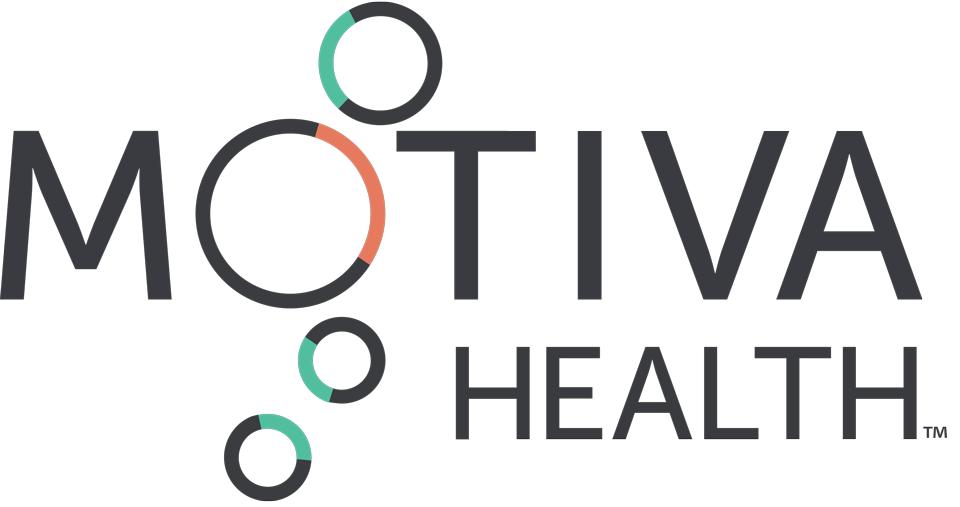You Are NOT What You Eat
You Are NOT What You Eat
We have all heard the expression "you are what you eat.” Comprised of about 37.2 trillion (yes, we said trillion) individual cells, the human body is in a constant state of regeneration. Take the outer layer of our skin, for example. Approximately every 35 days, much of it replaces itself! How is it possible for the body to make these new cells? An integral factor is the food that we consume. What we eat literally becomes us…. or does it?
While we absolutely agree that proper food selection is essential to regenerate and invigorate those cells, we feel that a much more accurate statement is, "you are what you absorb.” Food provides for a constant supply of minerals and nutrients, but we must be able to absorb those little gems in order for our bodies to function optimally.
Here are 5 tips for improved digestion and absorption:
Slow down! As simple as it sounds, the speed at which you eat does indeed have an impact on digestive function. Eat mindfully and chew your food at least 20-30 times before swallowing. Digestion actually begins when we take a bite, and we aren’t just talking about grinding food here. Our saliva begins to chemically break down food starches in the mouth. So chew it and swish it around, give your food a good bath before the journey ahead in the digestive tract!
Increase fiber intake. Did you know that most of us eat half as much fiber as our ancestors did? Yet it is still as important that our colorful, nutritious choices consist of whole foods rich in fiber, and here’s why: Soluble fiber (think fruit, flaxseed, rice, lentils, and beans) helps keep our intestinal pH in balance, and insoluble fiber (think veggies, avocado, whole grains, and brans) helps normalize movement throughout the digestive system. Therefore, both types of fiber contribute to improved digestion and absorption.
Incorporate probiotics. Help control the “funky” bugs in your gut while promoting the growth of the beautiful, friendly gut flora. Probiotic bacteria helps us in many ways, including aiding in digestion, manufacturing vitamin B’s and increasing mineral absorption. Our personal favorite probiotic-rich foods include kefir, kombucha, wheat grass juice, yogurt, and sauerkraut. For many individuals, probiotic supplementation is also ideal.
Manage your stress levels. When we perceive a situation as stressful, we often go into "fight-or-flight" mode, which was indeed designed for our ancestors to survive. Today, although most stressful situations (such as meetings, deadlines, and presentations) are not truly dangerous, our bodies still respond in the same manner. In this mode, saliva and stomach juices decrease and less blood flows to the digestive organs, ultimately hindering digestion. Instead of “fight-or-flight,” “rest-and-digest!" Find ways to free your mind and calm your spirit. Our favorite de-stressers are exercise, meditation, and positive affirmations.
Further explore your digestive health. If you’ve applied these tips and you feel your digestive tract is still off-balance, talk to us! We may give you additional advice or provide you with resources that may help you to explore the possibility of food sensitivities, a deficit of stomach acid or digestive enzymes, and/or the presence of a gut infection.
Nourish your cells, nourish your body, nourish you. Be what you eat and what you absorb, and may you reach your optimal level of health and vitality.
Medical Disclaimer
The information and reference guides in this website are intended solely for the general information for the reader. The contents of this web site are not intended to offer personal medical advice, diagnose health problems or for treatment purposes. It is not a substitute for medical care provided by a licensed and qualified health professional. Please consult your health care provider for any advice on any exercise, medication, nutrition, or supplementation.

